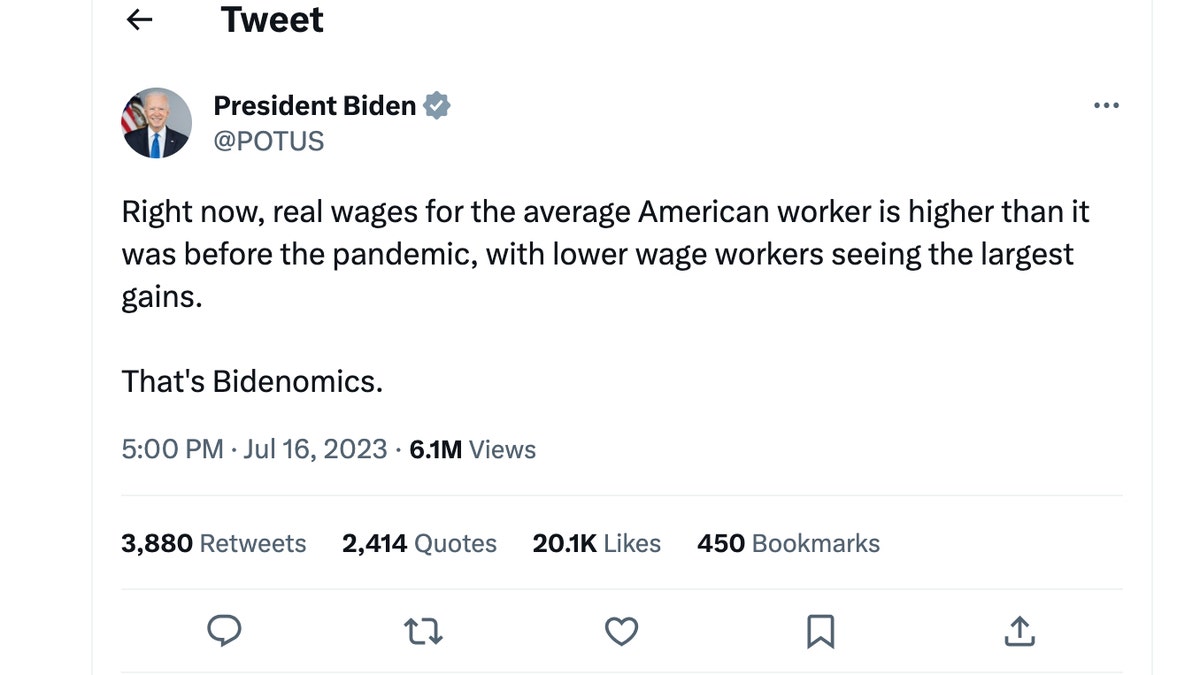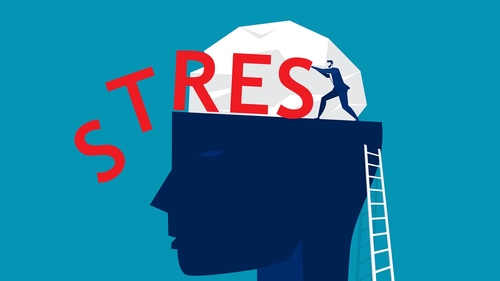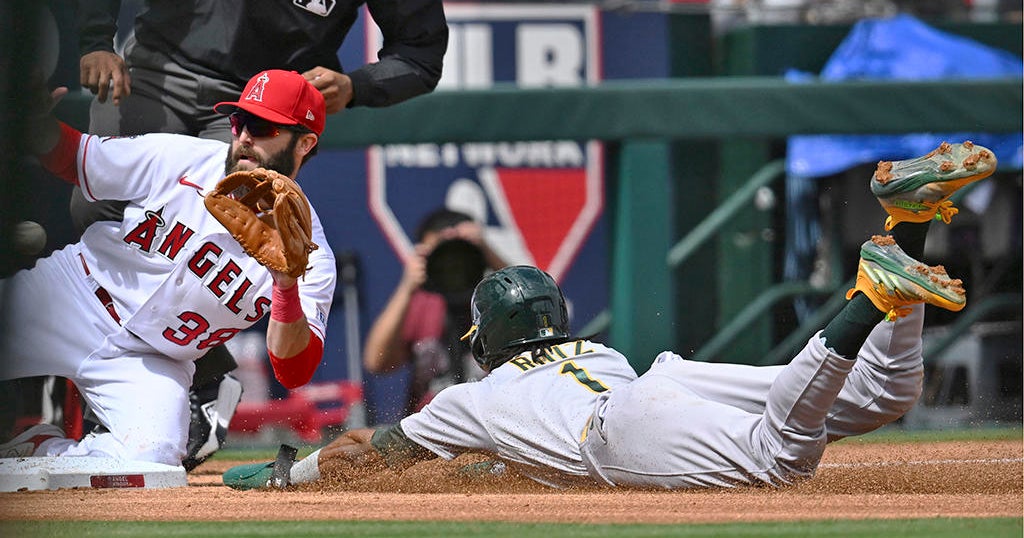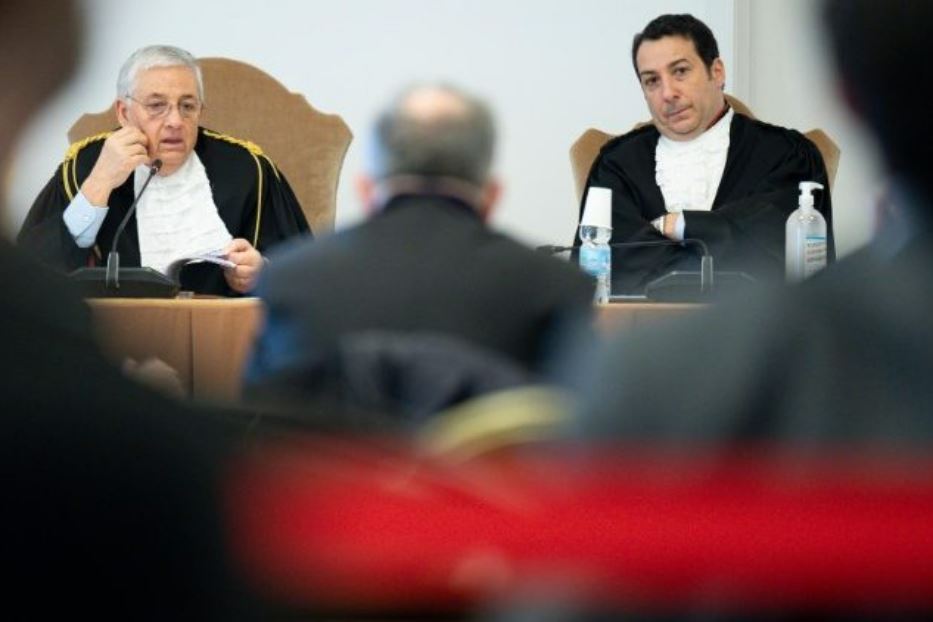Police Leader Investigated Over Chris Rock Tweet: Free Speech Debate

Table of Contents
The Controversial Tweet and its Context
At the heart of this controversy lies a tweet posted by [Police Leader's Name], a [Police Leader's Title] in [City/State]. The tweet, referencing the infamous Oscars slap incident involving Chris Rock and Will Smith, contained [insert exact or paraphrased quote from the tweet, being mindful of potential legal issues]. The interpretation of this tweet is highly contested. Some see it as a simple expression of opinion, perhaps even a humorous take on a widely-discussed event. Others view it as insensitive, unprofessional, or even potentially inflammatory, particularly given the police leader's position of authority.
The timing of the tweet is also crucial. It was posted [timeframe] after the Oscars incident, during a period of heightened public sensitivity surrounding [mention specific relevant contexts, e.g., police brutality, celebrity culture].
- Key phrases used in the tweet: [List key phrases – e.g., "Will Smith," "Oscars slap," specific potentially offensive words].
- Potential legal ramifications of the tweet: The tweet could be subject to investigation under [mention relevant laws or policies, e.g., departmental codes of conduct, laws prohibiting harassment or incitement].
- Public reaction to the tweet: Initial reactions ranged from support (“He’s got a right to his opinion!”) to outrage (“This is completely inappropriate for a police officer!”). Social media platforms became battlegrounds for debate.
The Investigation: Grounds and Process
The investigation into [Police Leader's Name]'s actions was launched by [Department/Agency Name] based on [state the reasons for the investigation clearly and concisely]. The investigation is reportedly focusing on [mention specific allegations, e.g., violation of departmental policy, conduct unbecoming of an officer]. The process involves [explain the steps involved, e.g., interviews with witnesses, review of social media activity, internal review board].
- Specific allegations against the police leader: [List specific allegations, referencing sources if available].
- Timeline of the investigation: [Provide a timeline if available, or state that the investigation is ongoing].
- Involvement of other parties in the investigation: [Mention any external agencies or individuals involved, e.g., legal counsel, public relations firm].
Free Speech Implications: Balancing Public Service and Personal Expression
This case raises critical questions about the intersection of free speech and the responsibilities of public officials. While the First Amendment (or equivalent in the relevant jurisdiction) guarantees freedom of expression, this right is not absolute, especially for those in positions of power. The police leader's tweet highlights the inherent tension between personal opinion and the expectation of professionalism and impartiality in public service.
- Relevant case law related to free speech and public officials: [Mention relevant legal precedents, citing sources].
- Arguments for and against the police leader’s right to express their opinion: [Present both sides of the argument, providing balanced perspectives].
- The impact of social media on free speech debates: The instantaneous nature of social media amplifies the impact of statements, making it harder to control the narrative and increasing the potential for misunderstandings and unintended consequences.
Public Opinion and Media Coverage: Shaping the Narrative
Public reaction to the police leader’s tweet and the subsequent investigation has been highly polarized. Social media has been a key battleground, with strong opinions expressed on both sides of the issue. News outlets have presented the story with varying degrees of emphasis, highlighting different aspects of the controversy.
- Examples of public reactions from social media: [Provide examples of tweets, comments, or posts illustrating diverse perspectives].
- Summary of major news articles covering the controversy: [Summarize coverage from different news sources, pointing out any differences in framing].
- Potential for biased reporting: [Discuss the potential for bias in media coverage, highlighting the need for critical media consumption].
Conclusion: The Chris Rock Tweet and the Future of Free Speech for Police Leaders
The controversy surrounding the police leader's Chris Rock tweet underscores the complex relationship between free speech, public service, and the power of social media. The investigation's outcome will have significant implications, not just for the police leader involved, but also for the broader discussion of free speech rights and responsibilities for law enforcement officers. The case will likely influence future policies and discussions on acceptable social media use by public officials.
This incident serves as a stark reminder of the need for careful consideration when expressing opinions publicly, especially for those in positions of authority. We encourage you to share your thoughts on this "police leader, Chris Rock tweet, and free speech" debate in the comments below. What are your perspectives on the balance between free speech and the responsibilities of a public servant? Let's continue the discussion.

Featured Posts
-
 Giai Bong Da Thanh Nien Thanh Pho Hue Lan Thu Vii Tim Hieu Ve Quan Quan
Apr 30, 2025
Giai Bong Da Thanh Nien Thanh Pho Hue Lan Thu Vii Tim Hieu Ve Quan Quan
Apr 30, 2025 -
 Eskisehir De Tip Egitimi Ve Stres Yoenetimi Boksun Oenemi
Apr 30, 2025
Eskisehir De Tip Egitimi Ve Stres Yoenetimi Boksun Oenemi
Apr 30, 2025 -
 Angels Season Starts With Injury And Walk Woes
Apr 30, 2025
Angels Season Starts With Injury And Walk Woes
Apr 30, 2025 -
 The Health Benefits Of Asparagus A Comprehensive Guide
Apr 30, 2025
The Health Benefits Of Asparagus A Comprehensive Guide
Apr 30, 2025 -
 Il 22 Settembre Inizia L Appello Per Il Processo Becciu
Apr 30, 2025
Il 22 Settembre Inizia L Appello Per Il Processo Becciu
Apr 30, 2025
